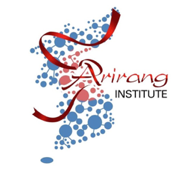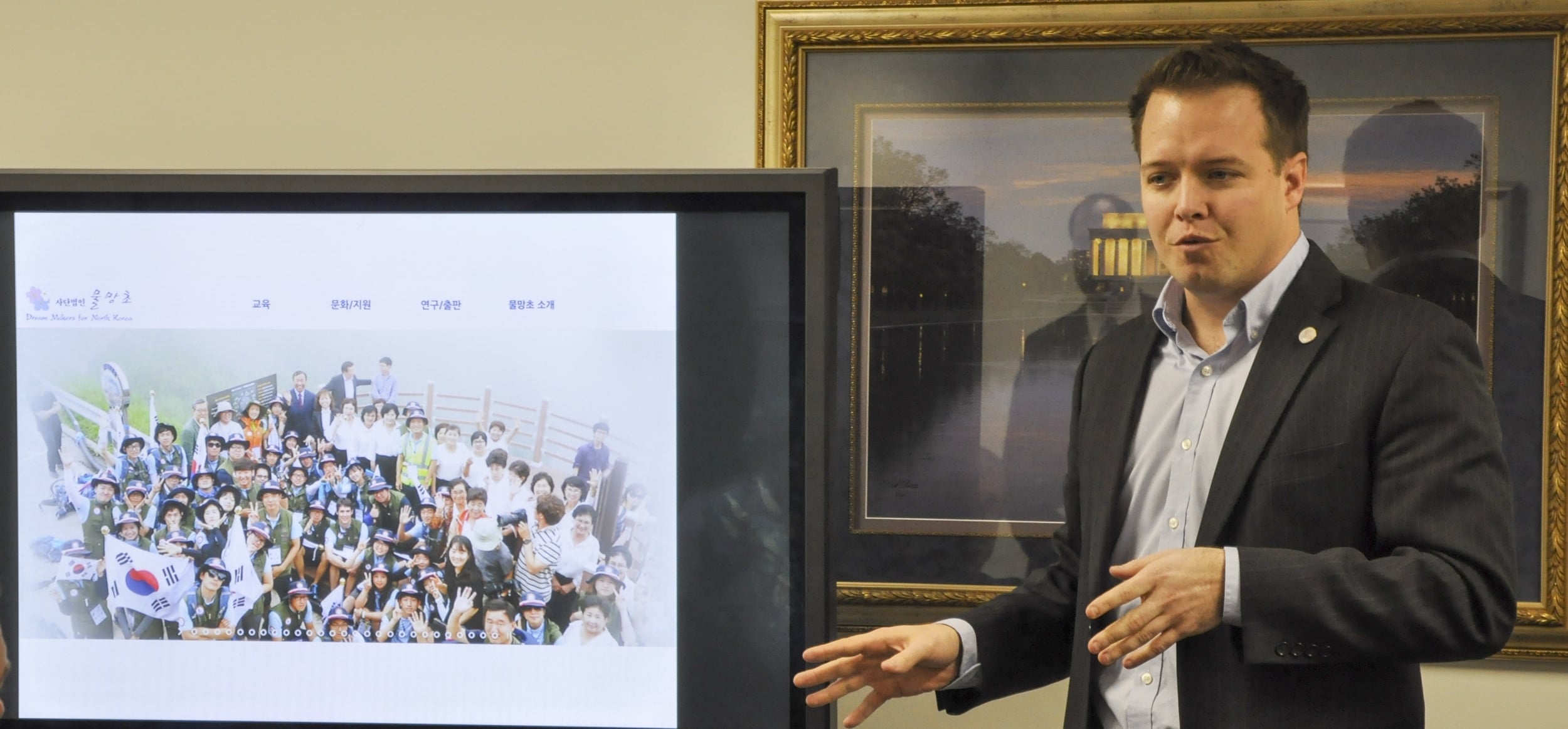Living, working, studying in Korea has opened my eyes, it has opened my eyes to the cultural and psychological roots currently and historically separating the west from the east. These roots separate us on fundamental levels of being, on the best mode of being to act in our world and with those around us. For a quite some time these gaps and misunderstandings existed between myself and my Korean colleagues and friends. I was unable to truly understand the differences, the beginning of the differences, until I agreed to spend a week long team building exercise with a Korean organization. I loved their work, their purpose, their goals and what they were dedicating their lives to. The issues arose not because we didn’t share these goals but rather something much more fundamental, what was the best mode to embody for our organization to successfully achieve our goals.
A week long trip, focused on team building activities was fun, exciting, and created a sense of community and brotherhood with my Korean colleagues. We bused out together on the first day, we all received the same equipment, gear, and clothing. We were all one, in our uniform. The first activity was a paintball competition, were we broke down into smaller teams and competed against one another. The competition was great fun and a great memory. After the paint ball team competition we bused back to our location were we would spend the rest of the night.
I quickly went into our room changed clothes, showered, and prepared for the next event on the schedule. With time to kill, I decided to spend some alone time to recharge, besides we had 30 minutes before the next event. That didn't last long. Within minutes colleagues came into the room wondering if I was ok. I told them I just wanted to get some rest. Again, another, different colleague came in the room. This continued until I realized my plan to recharge would not be possible. I headed out to be with the group and prepare for the next event.
After practicing for the next day's ceremony we went together, as one unit, to eat dinner. Dinner was great. We introduced ourselves to our teams, drank, ate, and got the chance to learn more about each other. An excellent first day and I was happy, proud, and thankful to be a part of it. Of course I was tired and wanted nothing more than to get to bed early, to start a new day, refreshed and ready to go.
As I was laying down to sleep in our room, I started to notice, from an American point of view, an unordinary amount of people in the room. We had plenty of space, why was everyone cramming into one room. As this thought continued in my mind, our Team Leader, called an unscheduled meeting. The staff and I left the room and gathered for the meeting. A great day, an exciting, and meaningful day, descended into a scolding session on how we under performed our duties. Unbeknownst to me our leadership seemed to be very upset. So we all agreed to get an early nights rest, no drinking, and to come back the next day prepared to do our duty. Fair enough. An after action review is normal, thinking of my days in the US Military. So we all went back to our rooms to get a good nights rest. But I quickly realized I would be unable to rest.
The room now was buzzing with people, trying to find a small space on the floor to claim as their own. The entire staff for some reason all wanted to sleep in the same room. Of course we were all on the floor together, with no individual beds, but that too was fine, as long as I could carve out some space, some individual space for myself. I lay my head on my pillow and went to sleep.
In what must have been the middle of the night our leadership came into the room, apparently they had stayed up, and upon entering the room, they looked for spaces to sleep. Of course they could surely see that there was no space! They are the leadership, of course they would want to sleep in a more spacious, isolated space in the hotel. To my amazement and shock, one from the leadership wanted to sleep between me and my already too close in proximity staff member. He began to lay down. Shocked, stunned, and stressed beyond belief I grabbed my pillow and left the room to find more space, my own individual space to breath, relax, and rest.
The next day I pondered what had happened. Why could they not see how stressful cramming everyone into one room would be? Why, when their was so much space in the adjacent rooms did they all want to sleep in the same room? I couldn’t bare one night of this, let alone a whole week. I asked my Korean friends why? Was i being immature, irrational, crazy? They frankly told me it was normal for Koreans to all sleep in the same room, to share the same space as one. In that moment I realized the ocean which lay between us.
In American culture, at least in my family, we were taught to sleep alone, as early as possible, in our own individual bed or crib. We believe this instills a sense of independence and autonomy in our children. I still recall the shock, from early childhood of going to knock on the door of my parents bedroom to sleep with them. And there was no answer. I went back to my room and I learned to sleep by myself, in my own space, independent of my parents.
When I inquired more to my Korean friends about this difference in culture. They told me children sleep in the same room as their parents, often until 12-13 years of age. Unbelievable, I thought. This was it. This was the beginning and basis for the cultural and psychological differences between Americans and Koreans. This was were individualism and independence began for Americans, and for Koreans the importance of the group, the collective, and togetherness.
This experience opened my eyes to how the differences, misunderstandings, and conflicts that arise between myself and my Korean friends has little to do with factors I can control, and more to do with deep rooted psychological and cultural differences. I am thankful for these experiences and my new understanding of our differences. It has allowed me to cultivate and maintain better relationships with my friends and colleagues in Korea. Our cultural differences, are just differences, no better, no worse. This is something to keep in mind as we look forward to creating a peaceful future and the importance of cultural exchanges and interactions.


















































